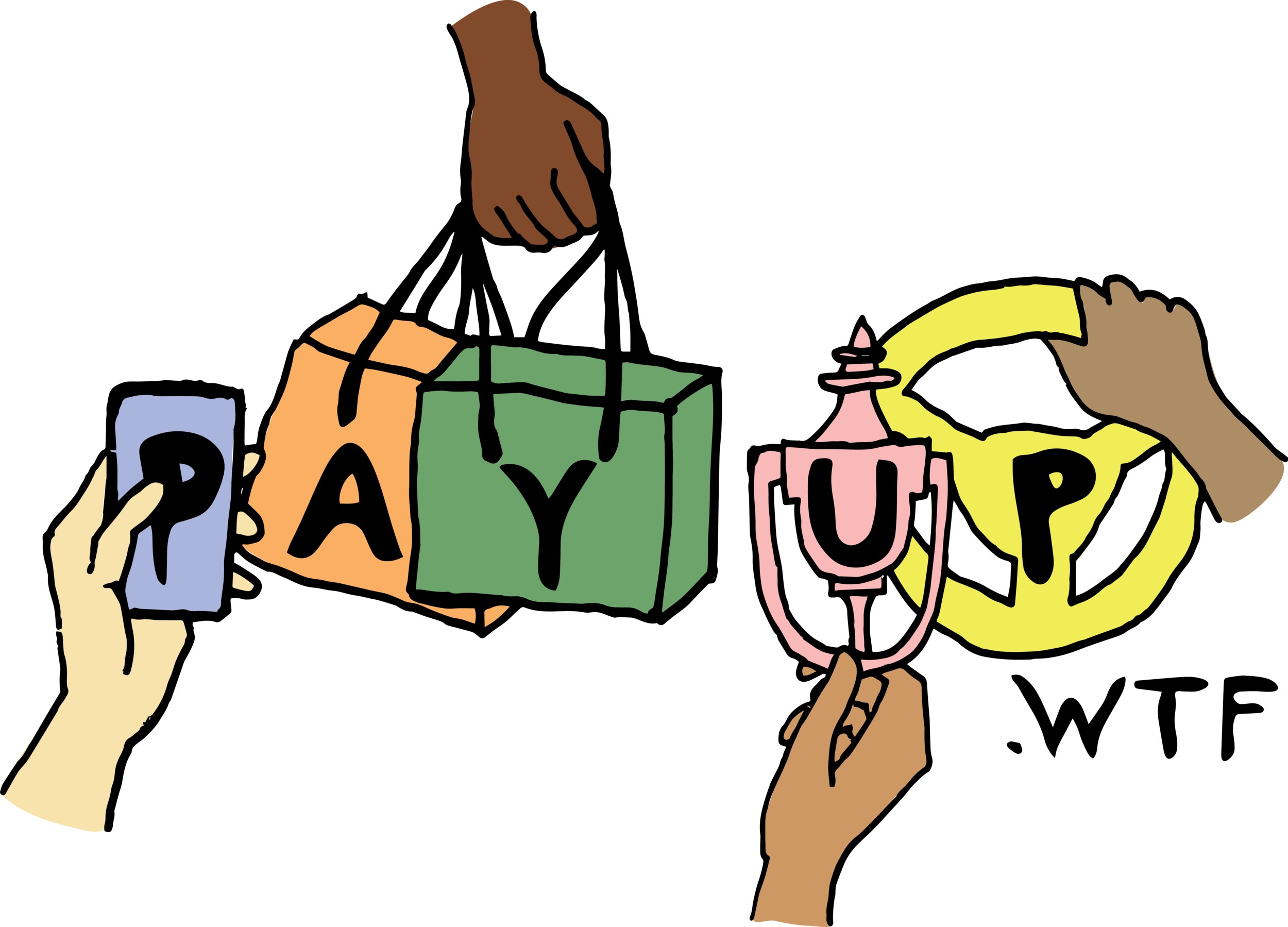No on Prop. 22: “The little flexibility gig work now offers is no longer worth the sacrifices we have to make.”
Denny U.
Instacart worker, los angeles
I’ve been doing gig work for over three years now. At first, it was the perfect job for me. I know what it’s like to be an employee, and I love being independent. The 9-to-5 grind of putting in thirty or forty years just to make the boss rich is not for me, and I don’t like having to work for other people.
As an older person, it can also be hard to find a regular job. I notice a lot of others like myself getting into gig work — senior citizens, people of color. In LA, I see a lot of Black women shopping for Instacart. Gig work attracts people who might be discriminated against, and it makes sense why. You get to be your own boss and have no one bother you.
When I started on Instacart, it was exciting to me. There were bonuses for doing a good job, I could pick when I wanted to work, and making money was easy. But things have changed. There are more rules disguised as flexibility and we’re being paid peanuts. It’s exploitation.
If Prop. 22 passes, it will only get worse.
Flexibility is important — but we don’t really have it anymore. The batches are paying less and the jobs are getting harder.
Before the pay cuts, all I needed was one good batch a day, but now I hardly see any jobs that are worth it. I’m a hard worker and when I started doing gig work I was willing to work a lot. I always made enough money to be able to take two days off.
Now, I have to work long hours seven days a week to pay my bills. Even at the beginning of the pandemic, when demand was huge, I couldn’t make enough to afford a day off. With all the expenses — gas, commercial insurance, parking — we’re basically paying to work.
When I started, it was different: you could pick your hours and only take the batches you wanted. Instacart switched to “on demand” about a year ago. The first-come, first-serve model means we all have to fight each other for work. And Instacart has taken advantage of the pandemic by flooding the market with thousands of unemployed people. We are all sitting in our cars, glued to our phones, hoping a good job pops up before someone else takes it. In order to make any money, you have to be available all day, which doesn’t actually feel flexible to me.
The little flexibility we have now is not worth it for the sacrifices gig workers are expected to make. We have no workers’ compensation, no health insurance, no unemployment benefits, and no expenses covered.
That’s a lot of “no”s for a job that’s promising freedom.
Some people might be confused about Prop. 22 or fall for the lies gig companies put on TV, but gig workers know the truth of this work. We know we’re being paid sub-minimum wages. We know we can’t work when we want to. We know companies can deactivate us for no reason. We know companies are always finding new ways to control our work or cut our pay, like the way Instacart and DoorDash used to steal tips.
If Prop. 22 passes, we can expect more of those kinds of underhanded tactics — it would allow them to do things like requiring us to maintain a high acceptance rating to get jobs. And under Prop. 22, we would need a 7/8ths majority in the California Legislature if we wanted to create regulations of our own. Passing Prop. 22 would leave us with laws designed by companies for companies, and no way to fight back.

